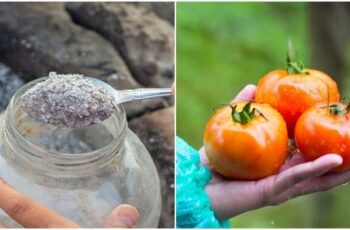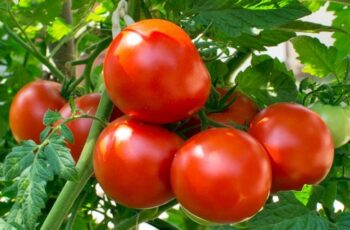Ad Blocker Detected
Our website is made possible by displaying online advertisements to our visitors. Please consider supporting us by disabling your ad blocker.
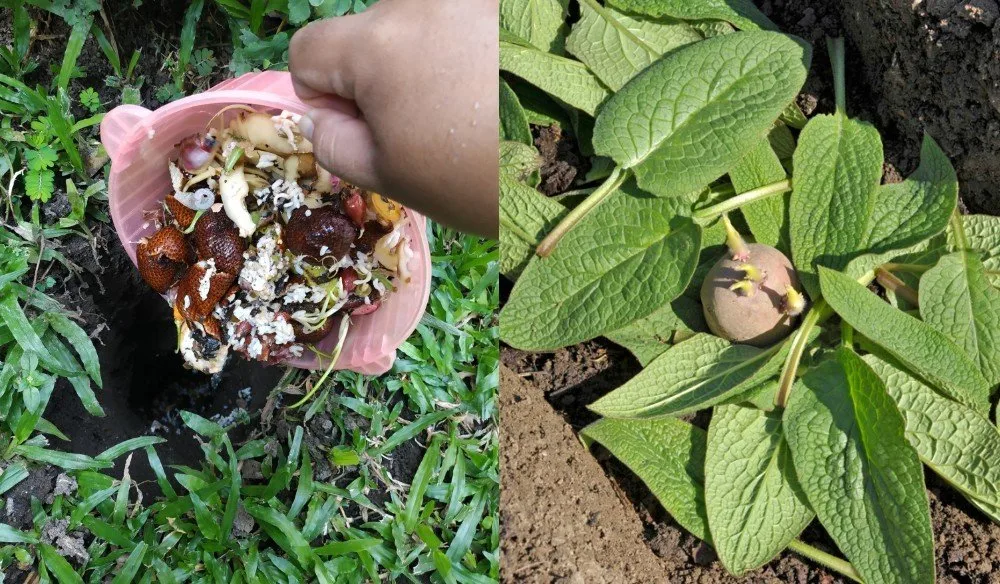
Organic gardeners will often go to any length to keep their plants happy and safe but without the use of harmful chemical fertilizers and pesticides.
Here are some old tricks and a few new ones using common household substances that can make a gardener’s life easy and keep plants happy and healthy in a natural and non-toxic way.
Don’t be fooled by the strangeness of some of these organic garden remedies. As odd as they may seem, they are effective measures that have been put to the test over time!
To improve soil:
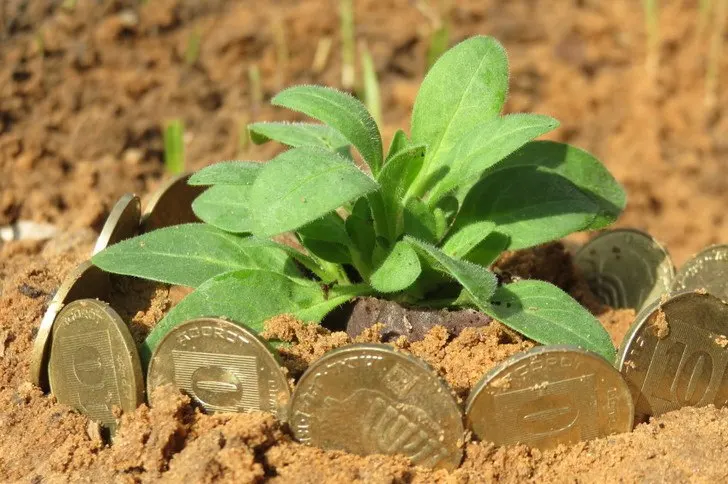
1. Use your pee to fertilize plants
Organic gardeners do not want to waste any of nature’s bounty, and that includes nitrogen-rich urine.
The composition of urine varies from person to person, but it generally has an NPK ratio of 11-1-2. The nitrogen found in human urine ensures lush foliage growth; hence, it is best for greens and grassy plants like corn.
The high salt content may scorch the plants if you pee directly on them, so it is better to do it a little away from the base of the plant.
Better still, collect the pee and dilute it with 10 times water before applying it to the root zone. For tender plants and seedlings, dilute it further.
2. Bury your kitchen waste in the garden
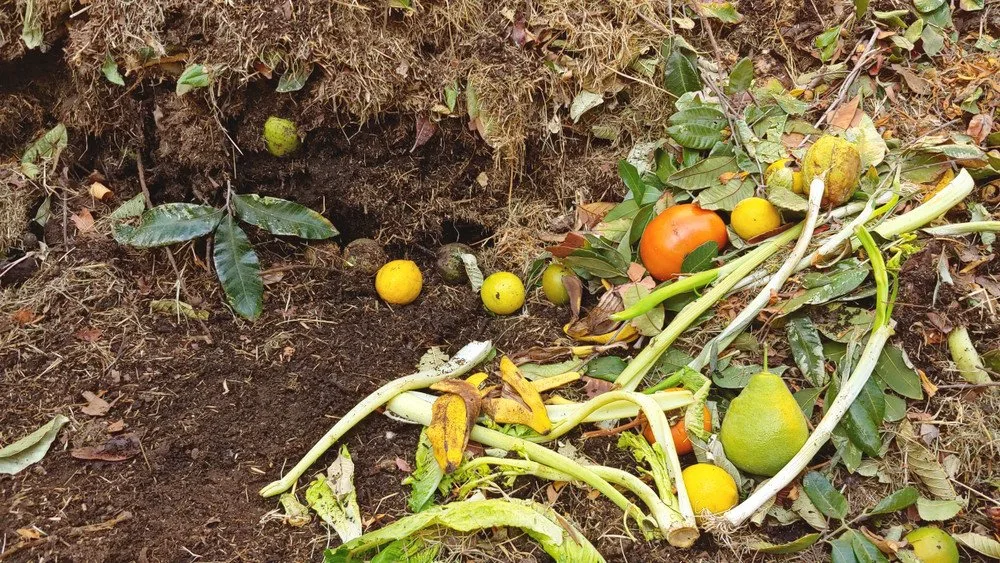
Whether you have a compost pile or not, you can utilize every bit of kitchen waste in the garden.
Make a long ditch 1 foot deep between rows of vegetables to receive the waste. Start dumping the kitchen waste of each day from one end of the ditch.
The soil from the ditch piled along its edge can be used to cover up the waste as soon as it is deposited so that there would be no bad smell or fly problem.
When the entire length of the ditch is covered up, you will have a slightly raised bed.
You can plant the vegetables on this raised bed the following year, making another ditch for the waste.
3. Weed tea as fertilizer
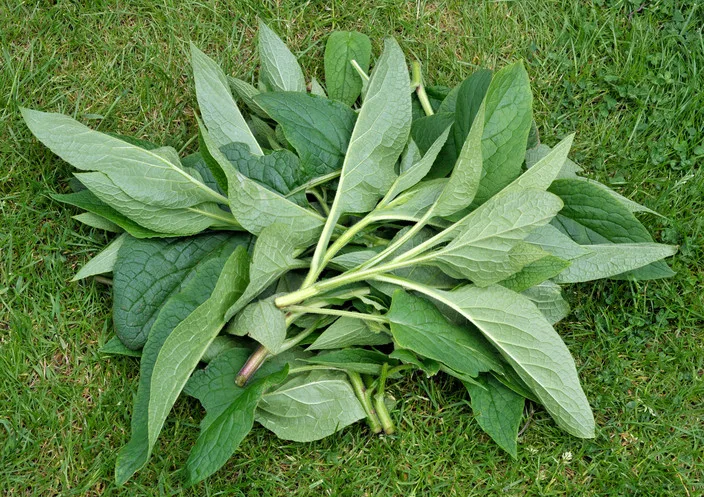
Brew a weed tea fertilizer to take sweet revenge on the weeds that rob your garden plants of nutrients. Cut up the weeds and dunk them in a tub of water kept in the sun.
In a few days, a nitrogen-rich green tea will be ready. Use it as soil fertilizer or foliar spray.
Comfrey (Symphytum officinale) can be used the same way to make excellent fertilizer whether you grow it for medicinal purposes or not.
You can use the whole plant to make the tea.
Its deep roots bring up nutrients from the deeper layers of soil and make it available to other plants.
4. Vinegar as a weed killer
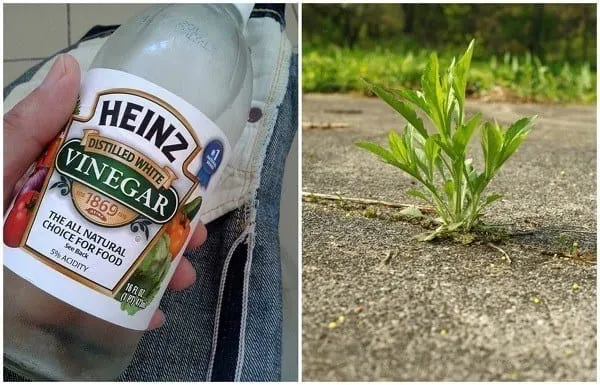
Image Credit: Perry Goh @ Flickr
Most organic gardeners do not like to use herbicides in their gardens, but they may have second thoughts when their gardens are run over by weeds.
Vinegar is an environment-friendly alternative to chemical weed killers.
Pour some vinegar into a spray bottle and drench the weeds with it. Do this on a hot, sunny day for the best results.
The acid will scorch the weeds and kill them in a few days.
Water the area afterward to remove excess acidity or sprinkle baking soda on the soil to neutralize it.
5. Add oyster shells and eggshells to your garden beds
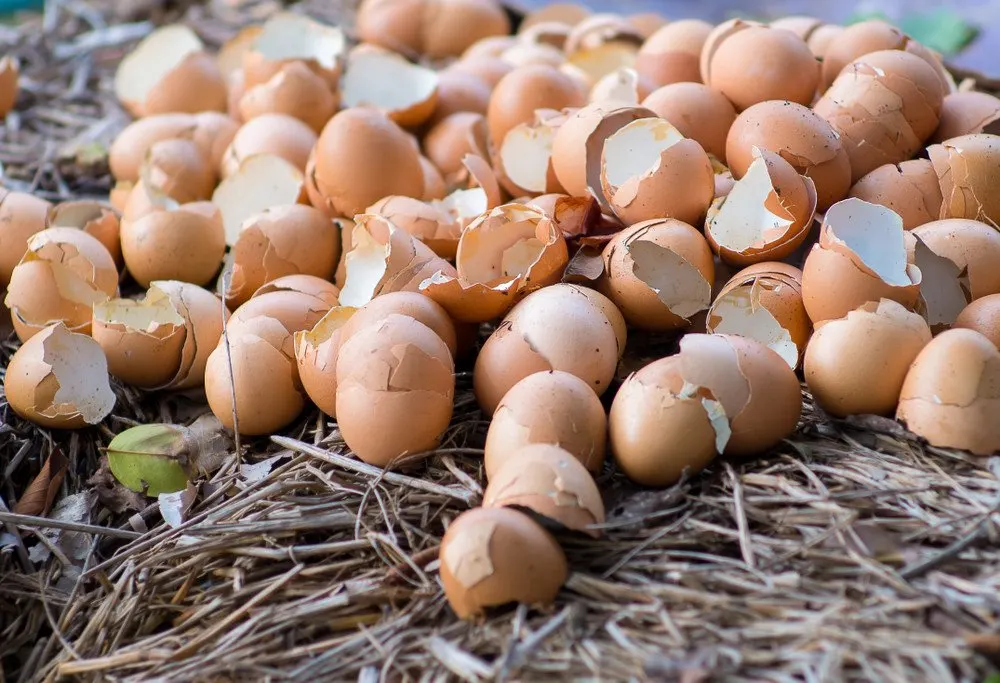
Crushed shells of oysters and eggs make slow-release fertilizers that will keep your garden soil sweet and healthy.
Crush them with a rolling pin to make the pieces as small as you can.
The calcium carbonate in the shells makes the soil alkaline, so use it around plants that love alkaline soil.
6. Adjust pH with wood ash and coffee grounds
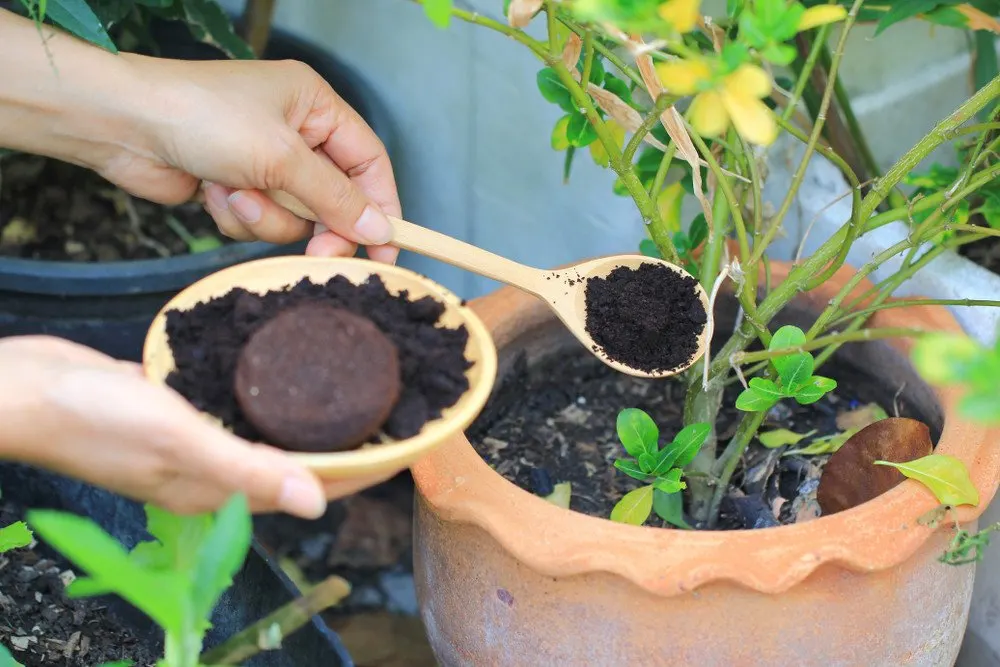
When you grow different types of plants in your garden, their pH needs may vary.
Large-scale soil amendments should be aimed at bringing the pH to as closer to neutral, but spot treatments can be used to keep individual plants happy.
Wood ash from wood-burning stoves and fireplaces can alkalinize the soil in your asparagus patch and vegetable beds growing broccoli, beans, and beet.
Coffee grounds can be used around ericaceous plants like roses, azaleas, and rhododendrons.
